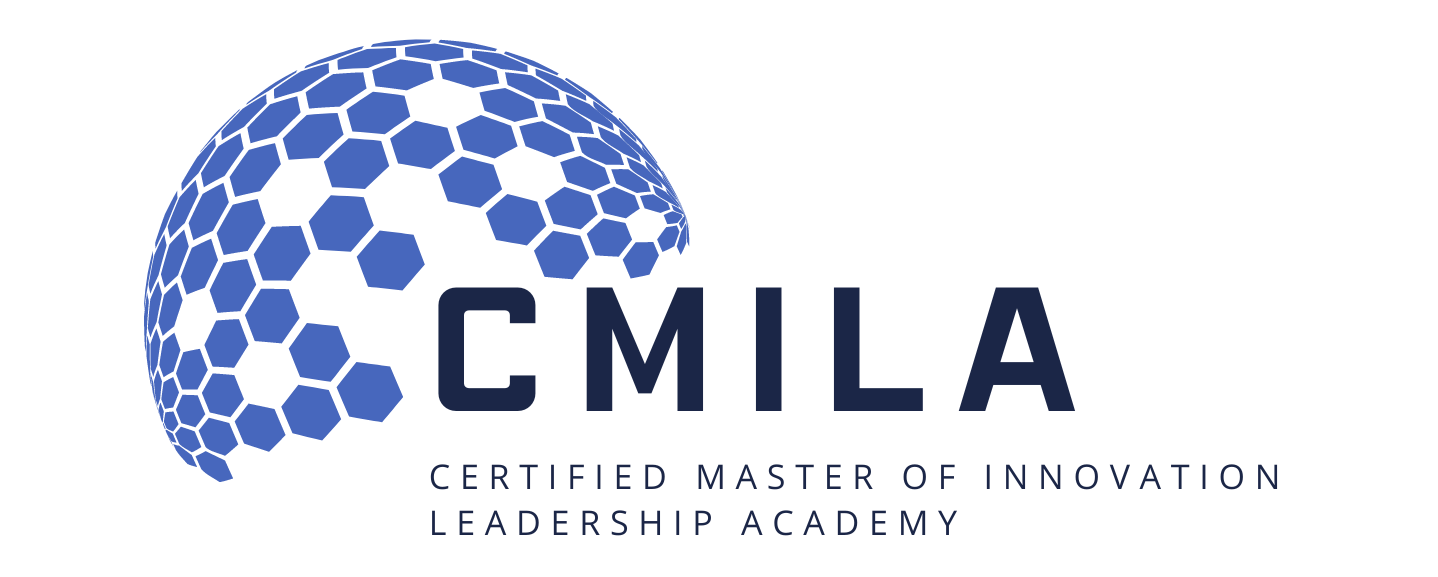Certified Innovation Metrics Analyst (CIMA)
The Certified Innovation Metrics Analyst (CIMA) Certification Course by Tonex is a comprehensive program designed to equip professionals with the knowledge and skills required to effectively measure and analyze innovation metrics within an organization. Participants will gain a deep understanding of innovation performance evaluation, enabling them to contribute significantly to strategic decision-making processes.
Learning Objectives:
- Develop proficiency in identifying and selecting key innovation metrics.
- Understand the process of designing and implementing innovation measurement frameworks.
- Gain expertise in data collection, analysis, and interpretation for innovation metrics.
- Learn to evaluate the impact of innovation metrics on organizational performance.
- Acquire skills in utilizing technology and tools for innovation metric analysis.
- Achieve certification as a Certified Innovation Metrics Analyst (CIMA) upon course completion.
Audience: This course is ideal for professionals involved in innovation management, strategy, and decision-making, including but not limited to innovation managers, project managers, business analysts, and executives. It is suitable for individuals seeking to enhance their analytical skills to contribute effectively to innovation initiatives within their organizations.
Course Outline:
Module 1: Introduction to Innovation Metrics
- Key Concepts of Innovation Metrics
- Role of Innovation Measurement in Organizational Success
- Metrics Alignment with Organizational Objectives
- Types of Innovation Metrics
- Best Practices in Innovation Measurement
- Case Studies on Successful Innovation Metric Implementation
Module 2: Designing Innovation Measurement Frameworks
- Principles of Effective Framework Design
- Identifying Relevant Metrics for Organizational Goals
- Establishing Clear Measurement Criteria
- Integrating Qualitative and Quantitative Metrics
- Creating Adaptable Measurement Systems
- Case Examples of Successful Framework Implementations
Module 3: Data Collection and Analysis for Innovation Metrics
- Techniques for Collecting Innovation Data
- Importance of Accurate Data in Metric Analysis
- Analytical Methods for Deriving Actionable Insights
- Statistical Tools for Innovation Analysis
- Data Visualization for Effective Communication
- Real-world Applications of Data Analysis in Innovation Metrics
Module 4: Evaluating Innovation Impact
- Understanding the Correlation between Metrics and Performance
- Measuring the Impact of Innovation Initiatives
- Linking Metrics to Organizational Strategy
- Assessing Long-term and Short-term Impact
- Identifying Opportunities for Improvement
- Strategies for Communicating Impact Findings
Module 5: Technology and Tools for Innovation Metrics Analysis
- Overview of Innovative Data Analysis Tools
- Utilizing Technology for Streamlined Metric Assessment
- Implementing Automated Metric Tracking Systems
- Integrating Technology into Metric Reporting
- Hands-on Training with Advanced Analytical Tools
- Evaluating the ROI of Technological Integration in Metrics Analysis
Module 6: Certification Process
- Understanding the Certification Examination
- Key Topics and Skills Assessed in Certification
- Developing a Personalized Study Plan
- Accessing Certification Resources
- Practice Examination and Feedback
- Strategies for Successful Certification Attainment
Overview of the Certification Process:
- Familiarize yourself with the prerequisites, if any, for taking the exam.
- Review the certification roadmap to understand the different levels of certification offered (e.g., Foundation, Advanced, Expert) and the requirements for each level.
- Identify the benefits of obtaining the certification for your career and professional development.
Details of the Exam:
Format: Multiple-choice, scenario-based, practical exercises
Content Areas: Review the exam blueprint or syllabus to identify the specific topics and knowledge areas covered in the exam. This will help you focus your study efforts on the most relevant content.
Passing Score: Understand the minimum passing score required to achieve certification and aim to exceed this threshold during your preparation.
Study Resources: Identify recommended study resources, such as certification manual, study guides and practice exams, to help you prepare effectively for the exam.
Exam Sample Questions:
- Practice with sample questions to familiarize yourself with the exam format and assess your readiness.
- Analyze each question carefully, paying attention to key details and any clues provided in the question stem or answer choices.
- Practice time management by setting aside dedicated study sessions to complete sample questions within the allotted time frame.
- Review your answers and explanations for correct and incorrect responses to identify areas for improvement and further study.
